Dairy Dilemma: The Buzz on Biogas
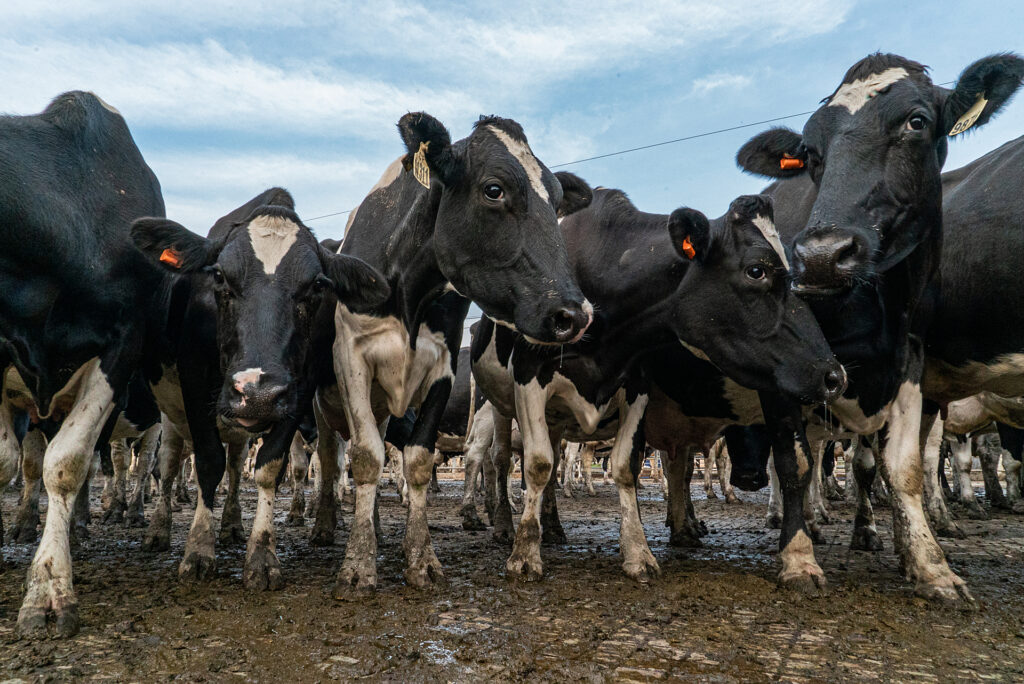
Dairy farming poses several environmental challenges, especially with the expansion of mega-dairies. As Shavu’ot approaches, JIFA talks with Trevor McCarty, Policy Manager at Farm Forward, about the role of biogas digesters in dairy farming and their implications for consumers and communities.
Tu B’Shvat: How an Ancient Jewish Holiday Connects to our Present Day Food Choices
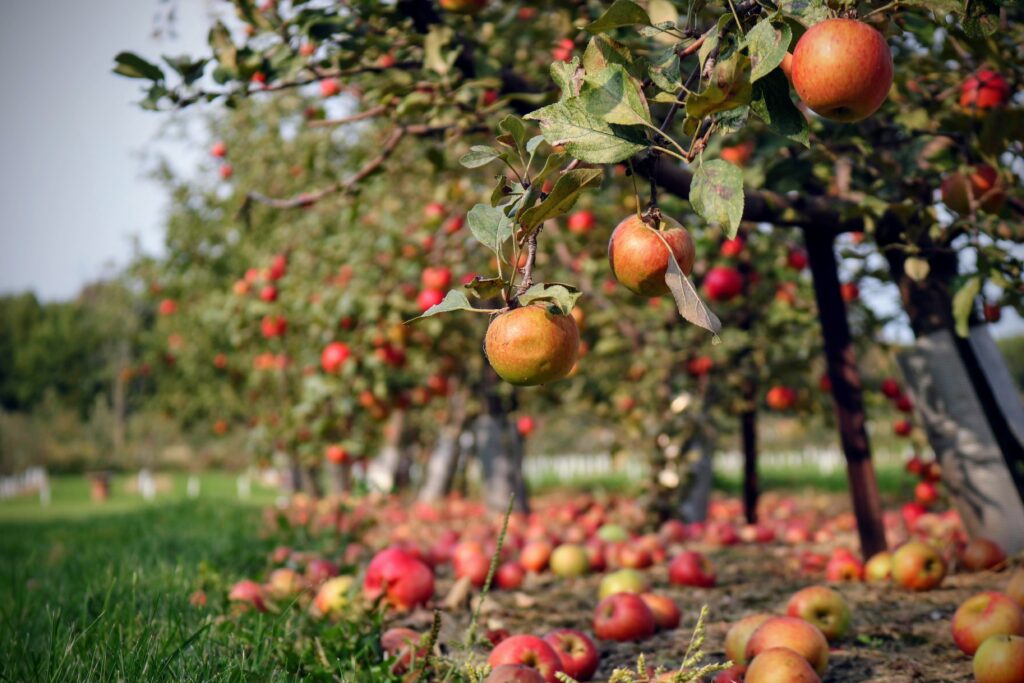
A brief history of Tu B’Shvat, the New Year for Trees, and what this holiday can teach the Jewish community about our food choices, year-round.
JIFA Partners with the Rabbinical Assembly for Sustainable Dining

This program provides a way for institutions to achieve sustainability goals with the practical and educational support from JIFA’s team and the leadership support of the Conservative Movement.
Kosher Production Suffers from Low or No Animal Welfare Standards
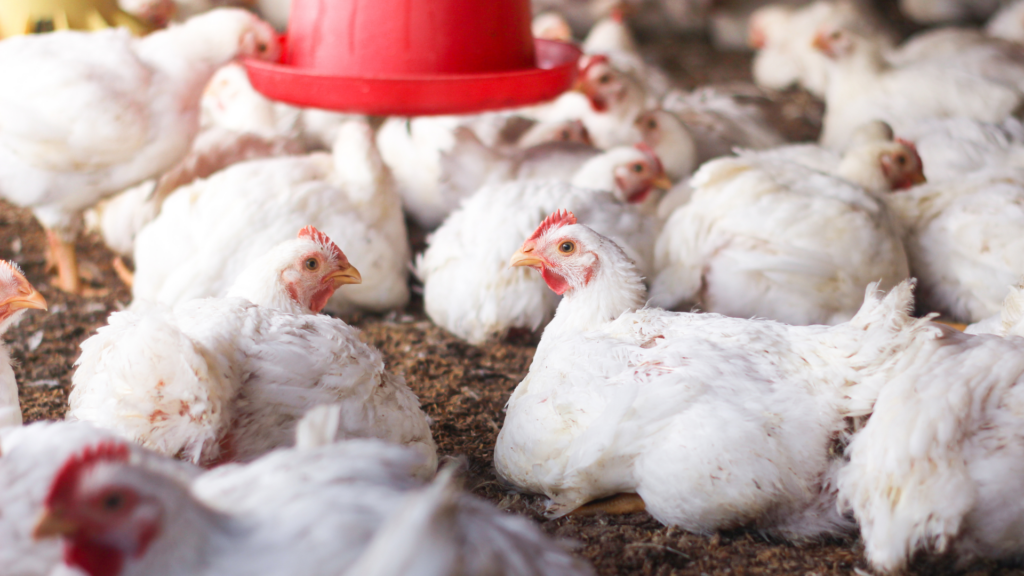
Since kosher certifications lack purview over how animals are bred, treated, and handled prior to slaughter, a third party auditor is one way to verify that farms meet higher welfare standards. Unfortunately, no third party certification currently includes comprehensive standards for kosher meat products, and therefore no kosher meat products are certified as higher welfare.
Genetic Welfare and Outdoor Access Aren’t Different for Kosher
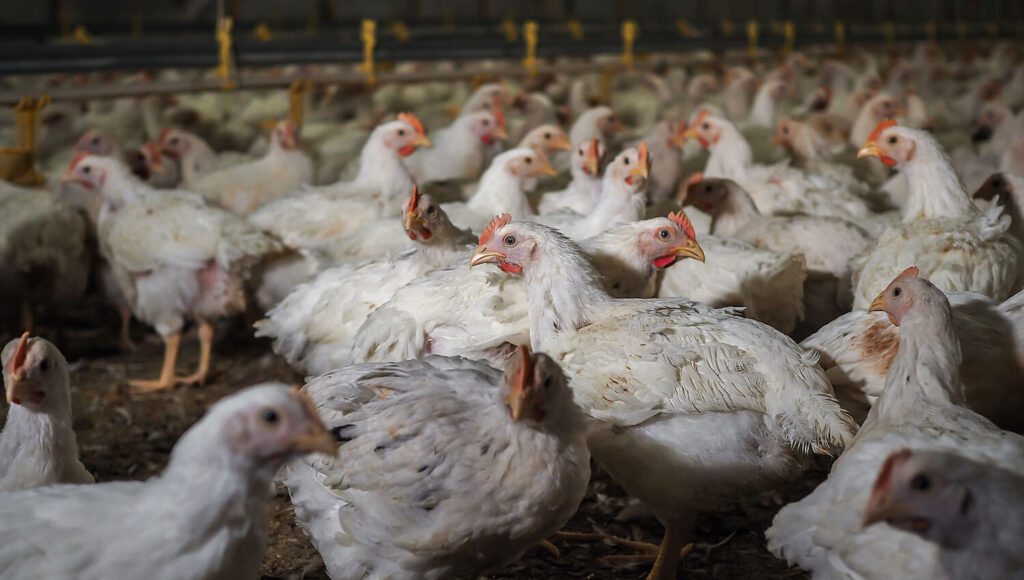
Kosher certifications lack purview over how animals are bred, treated, and handled prior to slaughter. Unhealthy genetics and restricted or no access to the outdoors are conditions consistent across animal production in the United States and, increasingly, the world, including for animals that are certified kosher.
Virtually All Kosher Products are Factory Farmed: Here’s how we know.
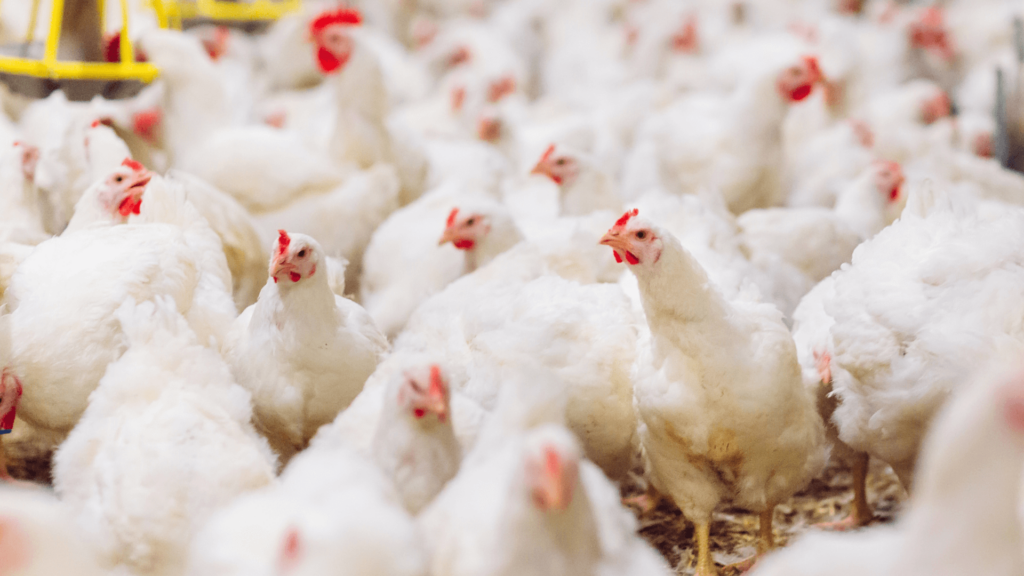
People commonly believe that kosher production is different from the rest of conventional industrial farming, and that animals raised and slaughtered for the kosher market are treated better than those destined for non-kosher markets. In reality, virtually all kosher products, including all those sold in grocery stores, come from factory farms with abysmal conditions. How […]
Why Kosher Chicken Shortages Spell a Need for Change
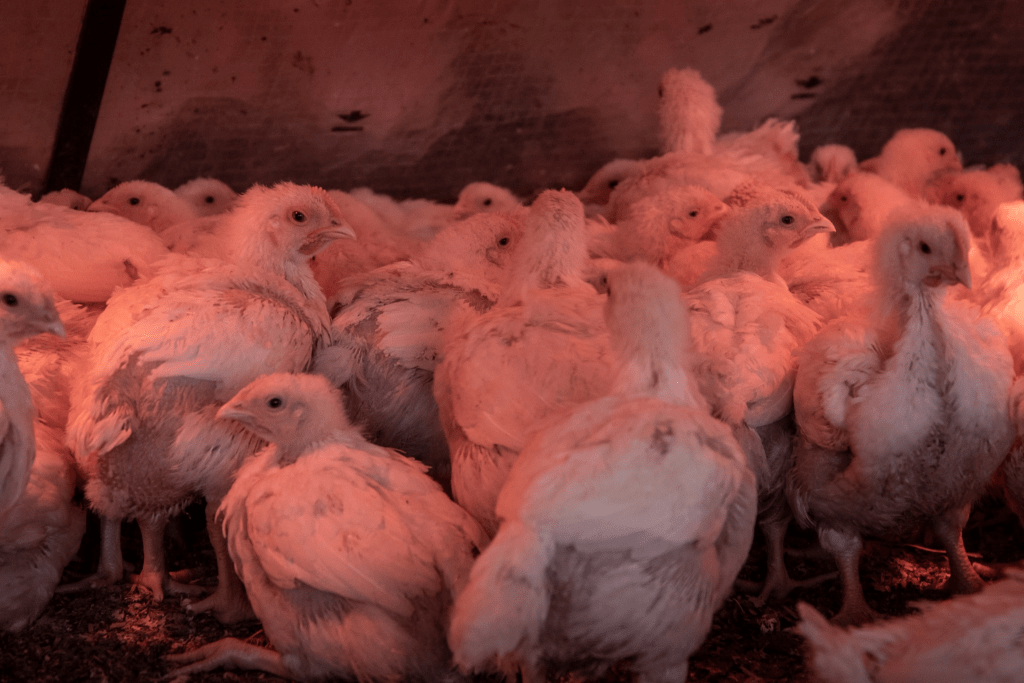
Kosher companies and Jewish media are sounding an alarm that kosher chicken is in short supply in anticipation of Passover.
New Research Shows Shoppers Mistakenly Believe Kosher is Better for Animals
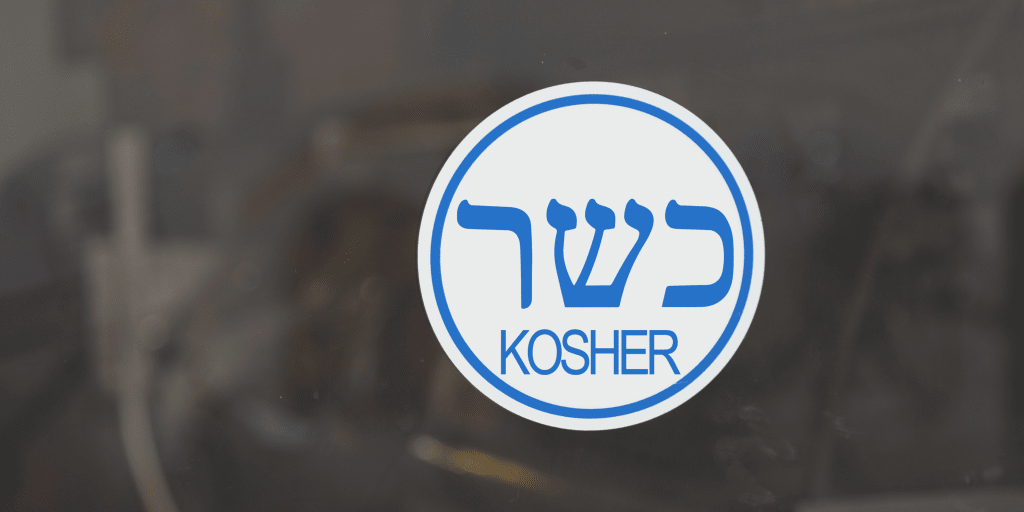
The data confirms what JIFA has inferred from previous research that shows people think kosher food is inherently better: consumers, both Jewish and non-Jewish, extend this belief to the way farmed animals are bred and raised, despite the fact virtually all kosher and non-kosher meat, poultry, dairy, and eggs come from animal raised on factory farms.
Advancing Jewish Ethics of Food and Farmed Animals—Together
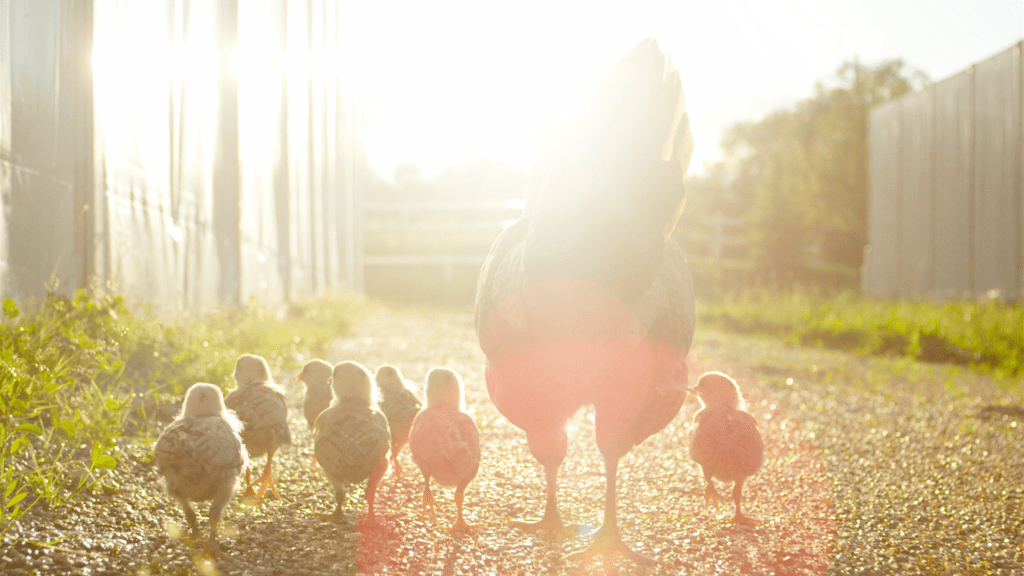
It’s only with cooperation and allyship of organizations and Jewish leaders that we elevate a vision for a more harmonious, resilient, and just food system. Achieving this change will require the participation of Jewish organizations and leaders that haven’t yet addressed factory farming and its impact on Jewish communal life.
The shemitah year calls us to repair a broken food system

Our modern food system puts little value on rest. Our system operates with an assumption of infinite capacity, and in ignorance of all creation’s basic need for relief.